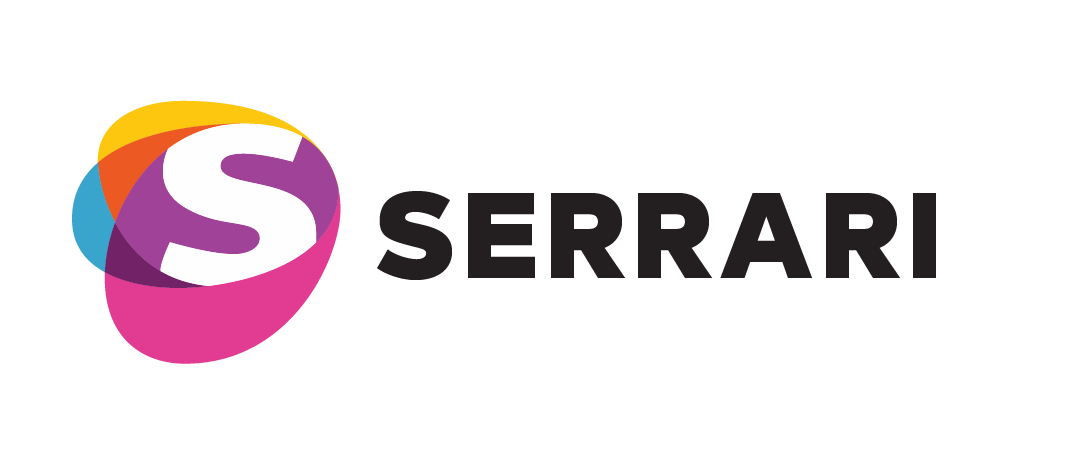President William Ruto has revealed a significant plan to raise Kenya’s tax revenue from the current 14% to 22%, a move aimed at bolstering the nation’s financial health and reducing dependence on external borrowing.
Speaking to Harvard Business School’s Class of 2025 at State House on May 15, President Ruto detailed a phased approach to achieve this target, starting with an increase to 16% within the year and gradually reaching 20% to 22% during his term.
“My drive is to push Kenya, possibly this year we will be at 16% from 14%. I want in my term, God willing, to leave it at between 20% and 22%. It’s going to be difficult, I have a lot of explaining to do, people will complain but I know finally they will appreciate that the money we go to borrow from the World Bank is savings from other countries,” Ruto stated.
Emphasis on Fiscal Discipline
Since taking office, Ruto has emphasized fiscal discipline, urging the country to live within its means. He highlighted the need to cut spending and boost tax revenue to avoid bankruptcy and reduce reliance on international loans.
“When I came into office, I told everybody to tighten up your belts… I’m not going to preside over a bankrupt country… We have to cut our spending. And there is no free lunch,” he declared.
Comparative Analysis
Ruto pointed out that Kenya’s tax revenue as a percentage of total earnings is significantly lower compared to other African nations, which average between 22% and 25%. He stressed that increasing the tax revenue is essential for Kenya’s economic stability.
“Our peers in the continent are on an average of between 22 and 25 per cent, which means our taxes are way below those of our peers,” he explained. “I know finally they will appreciate that the money we go to borrow from the World Bank is savings from other countries.”
Finance Bill 2024: Proposed Changes
This announcement aligns with the recent introduction of the Finance Bill 2024 by Treasury Cabinet Secretary Njuguna Ndung’u on May 13. The bill proposes significant changes to tax laws, including the Income Tax Act, VAT regulations, and Excise Duty policies. Notably, it suggests increasing excise duty on fees for money transfer services and imposing a 16% VAT on previously zero-rated items like ordinary bread, which could lead to higher consumer costs.
Public Consultation
The National Assembly Committee on Finance has invited Kenyan citizens to share their views on the new bill, emphasizing the importance of public participation in shaping fiscal policies. These proposed changes aim to broaden the tax base and enhance revenue collection, supporting President Ruto’s vision of a financially self-reliant Kenya.
“And I’m not comparing ourselves with OECD countries. Countries like France are at 45 per cent, others are higher. So I persuaded and made a case to the people of Kenya that we must begin to enhance our revenue because if we are a serious state we must be able to enhance our taxes,” Ruto concluded.
Moving Forward
As Kenya prepares for these substantial fiscal reforms, the government remains focused on creating a stable and robust economic environment, essential for sustainable development and growth.
Photo source: Google
By: Montel Kamau
Serrari Financial Analyst
16th May, 2024
Article and News Disclaimer
The information provided on www.serrarigroup.com is for general informational purposes only. While we strive to keep the information up to date and accurate, we make no representations or warranties of any kind, express or implied, about the completeness, accuracy, reliability, suitability, or availability with respect to the website or the information, products, services, or related graphics contained on the website for any purpose. Any reliance you place on such information is therefore strictly at your own risk.
www.serrarigroup.com is not responsible for any errors or omissions, or for the results obtained from the use of this information. All information on the website is provided on an "as-is" basis, with no guarantee of completeness, accuracy, timeliness, or of the results obtained from the use of this information, and without warranty of any kind, express or implied, including but not limited to warranties of performance, merchantability, and fitness for a particular purpose.
In no event will www.serrarigroup.com be liable to you or anyone else for any decision made or action taken in reliance on the information provided on the website or for any consequential, special, or similar damages, even if advised of the possibility of such damages.
The articles, news, and information presented on www.serrarigroup.com reflect the opinions of the respective authors and contributors and do not necessarily represent the views of the website or its management. Any views or opinions expressed are solely those of the individual authors and do not represent the website's views or opinions as a whole.
The content on www.serrarigroup.com may include links to external websites, which are provided for convenience and informational purposes only. We have no control over the nature, content, and availability of those sites. The inclusion of any links does not necessarily imply a recommendation or endorsement of the views expressed within them.
Every effort is made to keep the website up and running smoothly. However, www.serrarigroup.com takes no responsibility for, and will not be liable for, the website being temporarily unavailable due to technical issues beyond our control.
Please note that laws, regulations, and information can change rapidly, and we advise you to conduct further research and seek professional advice when necessary.
By using www.serrarigroup.com, you agree to this disclaimer and its terms. If you do not agree with this disclaimer, please do not use the website.
www.serrarigroup.com, reserves the right to update, modify, or remove any part of this disclaimer without prior notice. It is your responsibility to review this disclaimer periodically for changes.
Serrari Group 2023




